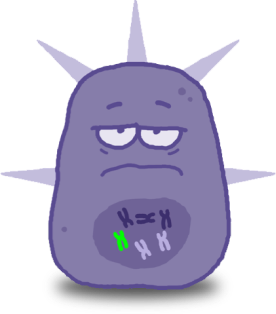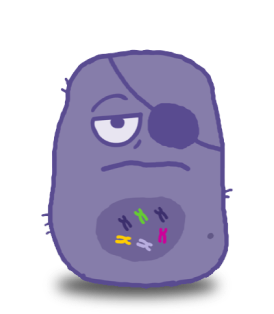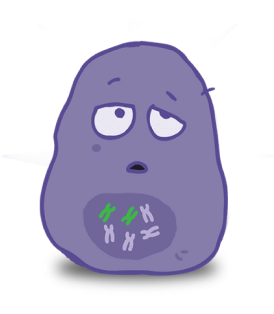Biomarkers Matter
For cancer patients, biomarker testing may provide access to effective, personalized treatment options and clinical trials. Learn more about biomarkers as it related to you:

Biomarker Info For:
Cholangiocarcinoma Patients & Caregivers

Biomarker Info For:
Other Types of Cancer Patients

Biomarker Info For:
Healthcare Professionals
The Cholangiocarcinoma Foundation has created this important educational campaign for the benefit of its constituency and the broader community. To that end, the Foundation encourages broad dissemination of these resources and materials. Promotion of the Biomarkers Matter campaign by third parties does not indicate endorsement by the Foundation of those third parties or any of their programs, activities or products.
Common Biomarkers
Biomarker Stories
The Cholangiocarcinoma Foundation teamed up with Bayer Pharmaceuticals to share eight patient stories for whom biomarker testing positively impacted. A list of known biomarkers and how prevalent they are in cancers is provided for your review. Additional information and resources are also provided.

Matt Reidy’s Story
CCA Patient

John Pierce’s Story
CCA Patient

Sharon Hockenberry’s Story
CCA Patient

Julie Thole’s Story
Julie Thole’s Story

Ivy Elkins’s Story
Lung Cancer Patient

Hadley Recor’s Story
Lung Cancer Patient

Ben Lazcano’s Story
Thyroid Cancer Patient

Bayer Pharmaceuticals is a trusted partner of the Cholangiocarcinoma Foundation
Thank You Partners and Sponsors




